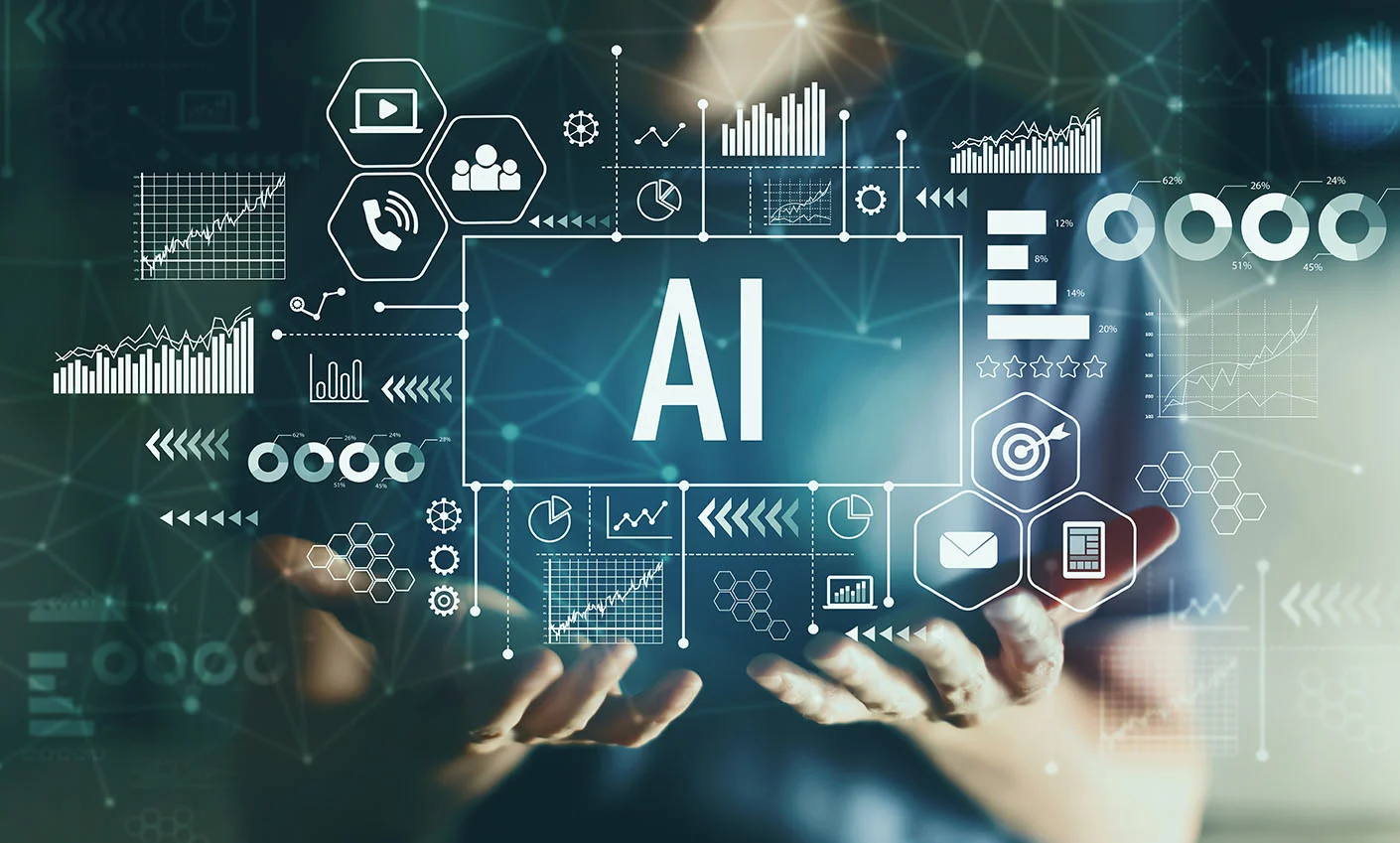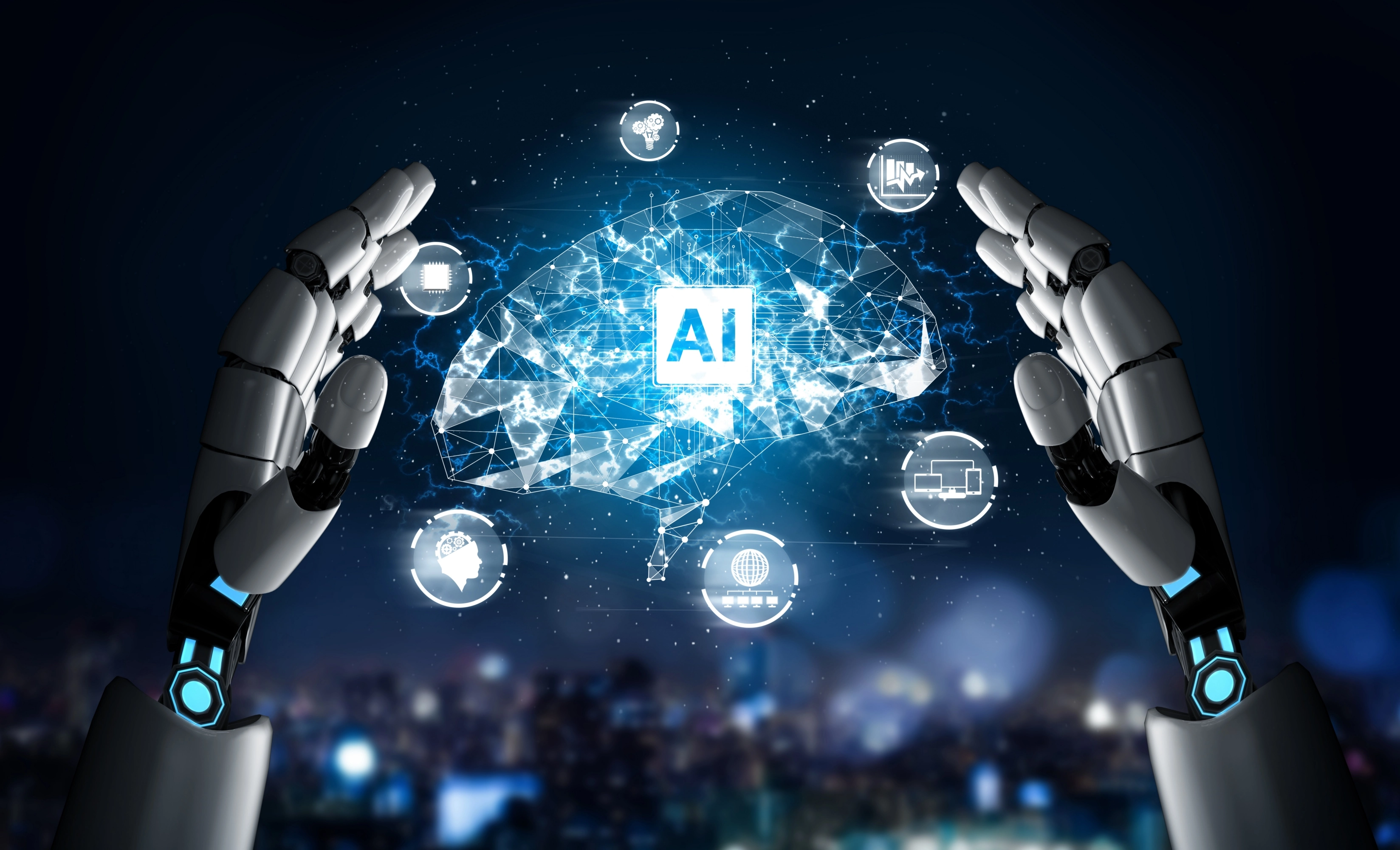Unlocking Learning Data: AI Analytics for Smarter Educational Decisions
- Home
- Unlocking Learning Data: AI Analytics for Smarter Educational Decisions

Unlocking Learning Data: AI Analytics for Smarter Educational Decisions
- Xavier Allan
Educational institutions today are awash in data. From student performance metrics and attendance records to engagement with digital learning platforms and curriculum interactions, an immense volume of information is generated daily. However, despite this abundance, many organizations find themselves struggling to extract meaningful, actionable insights from these vast datasets. The raw potential of this information often remains untapped, leading to missed opportunities for significant improvement.
This situation frequently results in a reactive rather than proactive approach to educational strategy. Educators and administrators might only identify struggling students once their academic performance has significantly declined, making intervention more challenging. Similarly, curriculum adjustments or pedagogical innovations are often based on anecdotal evidence or intuition, rather than being informed by robust, empirical data on what truly fosters effective learning outcomes.
The core challenge isn't a scarcity of data, but rather a state of data paralysis. Traditional analytical methods are often ill-equipped to handle the sheer volume, velocity, and variety of learning data. Manual analysis is slow and prone to human error, while generic business intelligence tools often lack the sophistication required to uncover subtle patterns, complex correlations, and predictive indicators hidden within diverse educational datasets.
Consequently, educational strategies may not be optimally tailored to individual student needs, nor are they always aligned with broader institutional objectives for academic excellence and student retention. Resources, whether human or material, might be inadvertently misallocated, leading to inefficiencies and preventing the realization of truly personalized and adaptive learning experiences. Bridging this gap between raw data and actionable intelligence is paramount for progress.
Understanding the Bottlenecks
-
Fragmented Data Ecosystems: Learning data often resides in isolated silos across various platforms, including Learning Management Systems (LMS), Student Information Systems (SIS), and separate assessment tools, making a holistic view incredibly difficult.
-
Lack of Specialized Expertise: Many educational organizations lack internal staff with the advanced data science and Artificial Intelligence (AI) skills necessary to effectively process, interpret, and leverage large-scale learning datasets.
-
Outdated Analytical Frameworks: Reliance on basic spreadsheet software or generic analytical tools prevents the deep, sophisticated analysis required to uncover complex relationships and predictive patterns in modern educational environments.
Utrixaaso's AI-Powered Solutions for Smarter Decisions
1. AI-Driven Predictive Analytics for Student Success
One of the most impactful applications of AI in education is its ability to predict student performance and identify at-risk learners well in advance. By analyzing historical academic records, engagement patterns, submission timeliness, and assessment scores, AI models can pinpoint students who are likely to encounter difficulties.
Such predictive insights empower educators to intervene proactively with targeted support. This might include personalized tutoring, modified learning materials, or even mental well-being check-ins, all delivered *before* a student's academic standing is severely impacted, fostering a culture of support and early intervention. 
2. Personalized Learning Path Optimization
Moving beyond a one-size-fits-all approach, AI can revolutionize how learning content is delivered and consumed. Utrixaaso’s solutions utilize AI to dynamically tailor educational content and sequences to each student's unique learning style, pace, and individual needs, creating truly adaptive experiences.
AI algorithms can recommend specific resources, adjust the pacing of modules, or suggest alternative explanations based on a student's real-time progress, demonstrated strengths, and areas requiring further development. This level of personalization significantly enhances student engagement and deepens comprehension, leading to superior learning outcomes.
3. Curriculum Efficacy and Resource Allocation Insights
Understanding the true effectiveness of different curricula and teaching methodologies is crucial for institutional advancement. AI analytics provides a powerful lens through which educational programs can be rigorously evaluated, revealing what truly works and why.
Utrixaaso's tools analyze student outcomes in relation to specific curriculum designs, instructional strategies, and resource deployment. This data-driven evaluation identifies strong points and areas needing refinement, enabling institutions to make informed, strategic adjustments and optimize resource allocation for maximum educational impact and institutional effectiveness.
Potential Considerations and Mitigation Strategies
-
Data Privacy and Security: Handling sensitive student data requires stringent adherence to privacy regulations (e.g., FERPA, GDPR) and robust security protocols. Recommendation: Implement advanced anonymization techniques, strong encryption, and strict access controls to safeguard information.
-
Algorithmic Bias: AI models can inadvertently perpetuate or amplify existing biases if the training data is unrepresentative or contains historical inequities. Recommendation: Conduct regular, rigorous audits of AI algorithms and ensure diverse, representative datasets are used for training to promote fairness and equity.
-
Stakeholder Adoption and Training: Educators, administrators, and students may initially be hesitant to adopt new AI-powered tools without proper understanding and training. Recommendation: Provide comprehensive, ongoing training and clearly demonstrate the tangible benefits and value propositions to foster widespread acceptance and effective utilization.
 Utrixaaso
Utrixaaso
Comments 0